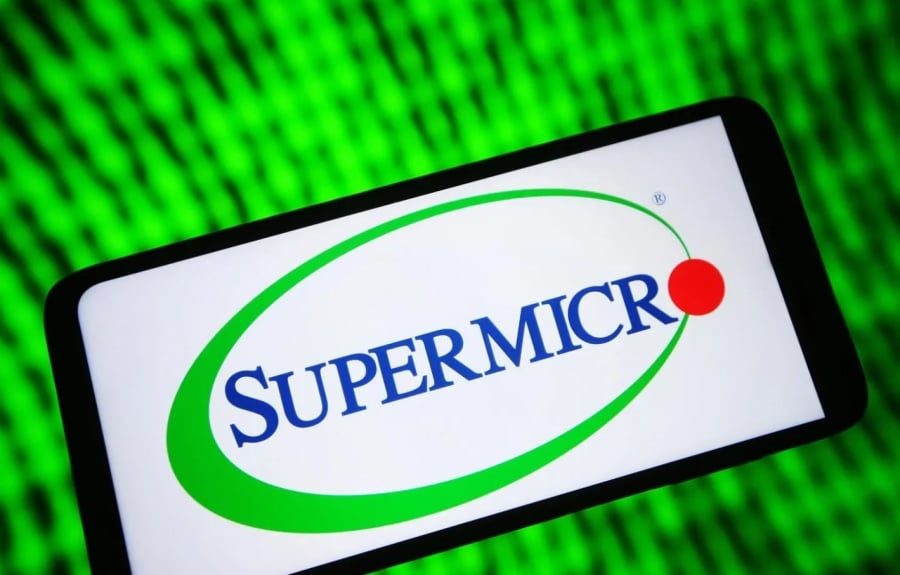Shares of Super Micro Computer ($23.6 billion) plunged more than 25% on Wall Street’s Nasdaq technology index after the company said it would not file its annual Form 10-K – report for the fiscal year with the Commission on time US Capital Market and will seek an extension.
Over three months, Hindenburg researched Super Micro. Specifically, it found “egregious accounting irregularities and evidence of undeclared related party transactions, evasions of sanctions and export controls, and customer issues. The Hindenberg report outlines a series of accounting irregularities that allegedly inflated its revenues. It also accuses founder and CEO Charles Liang of shady, undisclosed dealings with family members. Alleged sanctions violations have further damaged investor confidence in Super Micro.
After the “shorting” of the well-known company – short-seller Hindenburg Research, which claims to have identified “new evidence of accounting manipulation.” It needs to be determined whether the delay in Super Micro’s annual report is related to the findings of Hindenburg. Supermicro has yet to offer any detail on what it needs to revisit. The server maker stands by its most recent quarterly results, which saw considerable revenue and net income jumps. However, on Tuesday, financial forensics outfit Hindenburg Research published a long list of issues it identified at the server-maker. That list mentions that Supermicro was delisted by the NASDAQ bourse in 2018 and later charged with accounting irregularities.
- Super Micro rehired executives associated with its past accounting issues; less than three months after settling the SEC’s charges, It began rehiring executives directly involved in the accounting scandal. A former salesperson in the report said, “Almost all of them are back. Almost all of the people that were let go were the cause of this misconduct.”
- Shipped partial or faulty products so it can recognize revenue; One former sales director interviewed by Hindenberg described the use of “dark warehouses” where Super Micro would ship products to inflate its quarterly sales numbers, only to bring them back in the next quarter.
- Conducted related-party transactions with entities linked to CEO Charles Liang’s family without disclosing them; the report points out that Ablecom, which builds server chassis for data centers, is partly owned by Liang and his wife. Meanwhile, Liang’s brothers control Ablecom and another supplier, Compuware. The company’s relationship is described as “oddly circular,” with SMCI providing components to Ablecom and Compuware, which they assemble and then sell back to Super Micro
- Touted its liquid cooling tech as a market-making innovation but demonstrated rivals’ tech
- Hindemberg found evidence of shady dealings with undisclosed parties.
For instance, it claims one of Liang’s brothers owns two entities that operate out of the Super Micro Science and Technology Park in Taiwan. Yet, neither company has ever reported the relationship. Another brother reportedly operates undisclosed Hong Kong and Taiwanese entities, which appear to resell Super Micro products and operate out of the same building as Compuware. - Alongside these “major corporate governance red flags,” Hindenburg also accused SMCI of covertly supplying products to countries subject to US sanctions.
As a manufacturer of data center hardware and AI infrastructure, Super Micro, headquartered in Silicon Valley, is restricted in what it can ship to Russia. Per the report, almost two-thirds of Super Micro’s exports to Russia since the invasion of Ukraine correspond to “high priority” components that require special export licenses due to their potential military uses. Since introducing sanctions against Russia, SMCI products have reportedly been routed through a network of shell companies set up to evade sanctions. The report details Super Micro’s exports of products totaling tens of millions of dollars since the start of the war to various sanctioned Russian entities.


